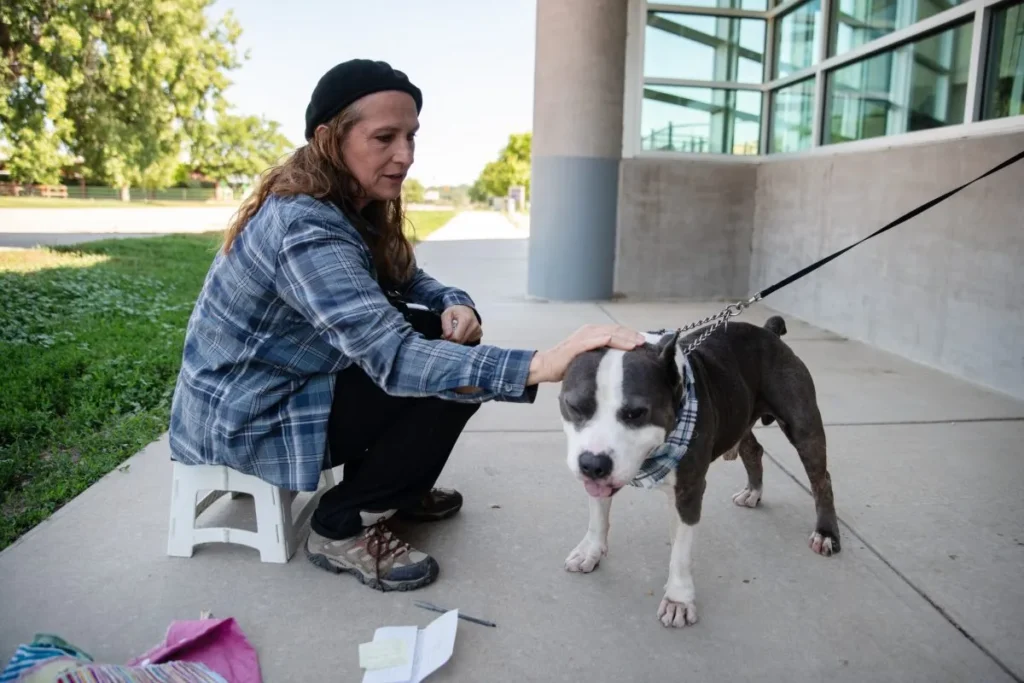
Introduction
Bringing a new pet into your life is a decision filled with excitement, love, and responsibility. One of the first and most important questions you’ll face is: Should you adopt a pet or buy one from a breeder or pet store? Each choice has its benefits, drawbacks, and ethical implications.
This guide will walk you through everything you need to know about adoption vs. buying — from the emotional and ethical considerations to health, cost, and lifestyle factors. Whether you’re dreaming of a cuddly kitten, a loyal dog, or even an exotic pet, this post will help you make an informed, compassionate, and practical decision.
Understanding the Basics
What Is Pet Adoption?
Pet adoption typically involves rescuing an animal from a shelter, rescue group, or foster system. Adopted pets can be purebred or mixed breed and vary in age, personality, and background.
Common places to adopt from:
- Animal shelters (city or nonprofit)
- Rescue organizations
- Foster networks
- Rehoming websites
What Does Buying a Pet Mean?
Buying usually involves purchasing a pet from:
- Professional breeders
- Backyard breeders
- Pet stores
- Online sellers
Pets sold through these channels are often young, purebred animals. However, not all sources follow ethical breeding or care practices.

Emotional and Ethical Considerations
The Case for Adoption
- Save a life: Millions of pets are euthanized every year due to overpopulation. Adopting helps reduce this.
- Gratitude and bonding: Rescue animals often form deep, grateful bonds with their new families.
- Discourages puppy mills: Adoption diverts business away from unethical breeding practices.
Ethical Concerns with Buying
- Puppy mills and poor conditions: Many animals sold in pet stores or online come from inhumane breeding environments.
- Overbreeding: Some breeders focus on looks over health, leading to genetic issues.
- Neglected shelters: Buying can contribute to the neglect of millions of adoptable pets waiting for homes.
Financial Considerations
| Expense Type | Adoption Cost | Buying Cost (Breeder) |
|---|---|---|
| Initial Fee | $50–$300 | $500–$5,000+ |
| Vaccinations & Shots | Often included | Often extra |
| Microchipping | Often included | Often extra |
| Spay/Neuter | Usually included | Usually extra |
| Total Cost Estimate | $200–$500 | $1,000–$6,000+ |
Pros of Adoption:
- Lower upfront costs
- Includes vet care and spay/neuter
- Often come with basic training
Pros of Buying:
- More control over breed and lineage
- May include early socialization

Health and Breed Considerations
Adoption
- Mixed breeds often = fewer health problems
Hybrid vigor can reduce inherited diseases. - Shelters screen pets for health and temperament.
- May adopt adult or senior pets, avoiding puppy/kitten challenges.
Buying
- Predictability of breed traits: Useful for allergies, size, coat type, behavior.
- Access to medical history and lineage (when reputable).
- Potential risks: Poor breeding practices can lead to congenital health issues.

Personality, Lifestyle, and Compatibility
Why Adopt?
- Meet the pet first: You can interact with them before committing.
- Adult pets often come trained: Skip the sleepless puppy nights.
- Rescue staff help match you to a pet that fits your home, lifestyle, and energy level.
Why Buy?
- Looking for specific traits: Great if you need a hypoallergenic dog, specific size, or breed temperament.
- Puppy or kitten experience: For those who want to raise their pet from the very beginning.
- Planned socialization: Good breeders expose pets to different environments early.
Myths About Pet Adoption
“Shelter pets are damaged.”
Not true! Many are surrendered due to circumstances like moving, allergies, or owner illness — not because of bad behavior.
“You can’t find purebreds at shelters.”
Around 25–30% of shelter dogs are purebred. You can also find breed-specific rescues.
“It’s easier to buy than adopt.”
Adoption agencies may screen, but it’s for your benefit — to ensure a lifelong match.

Key Questions to Ask Before Adopting or Buying
For Adoption:
- What is the pet’s history?
- Is the pet good with children or other animals?
- What medical treatment has the pet received?
- What’s included in the adoption fee?
For Buying:
- Can I meet the parents?
- Do you have health clearances and lineage paperwork?
- How do you socialize the animals?
- What happens if the match doesn’t work out?
Pros and Cons Summary
| Factor | Adoption | Buying |
|---|---|---|
| Cost | Low | High |
| Breed Control | Limited | High |
| Health Certainty | Varies, often good | Depends on breeder |
| Ethical Concerns | None | High risk (mills, overbreeding) |
| Support from Source | High (shelters offer help) | Varies (good breeders offer guidance) |
| Emotional Impact | Often deeply rewarding | Strong bond from early life |

Personal Stories: Adoption vs. Buying
Emily’s Story: Adopting Marley
Emily adopted a 3-year-old Labrador mix named Marley. “He had been at the shelter for months. He came house-trained and already knew basic commands. The gratitude in his eyes every day is priceless.”
Josh’s Story: Buying a Bulldog
Josh purchased a purebred English Bulldog from a reputable breeder. “I wanted a breed that would do well in my small apartment. My breeder helped me prepare and taught me about the health risks specific to bulldogs.”
Making the Right Choice for You
When deciding, consider:
- Your lifestyle
- Time available for training
- Need for specific traits or breed
- Your budget
- Your willingness to support ethical practices
There’s no one-size-fits-all answer. The key is informed decision-making — choosing what’s best for you and the animal.

Final Thoughts: What’s Best for the Pet?
Regardless of the path you take, what matters most is:
- A forever home
- Kindness, patience, and love
- Willingness to commit for life
Whether rescued from a shelter or purchased responsibly from a breeder, your pet deserves a safe, happy, and nurturing life.
By choosing thoughtfully, you become part of the solution — for animals, your family, and your community.

jbxjbw